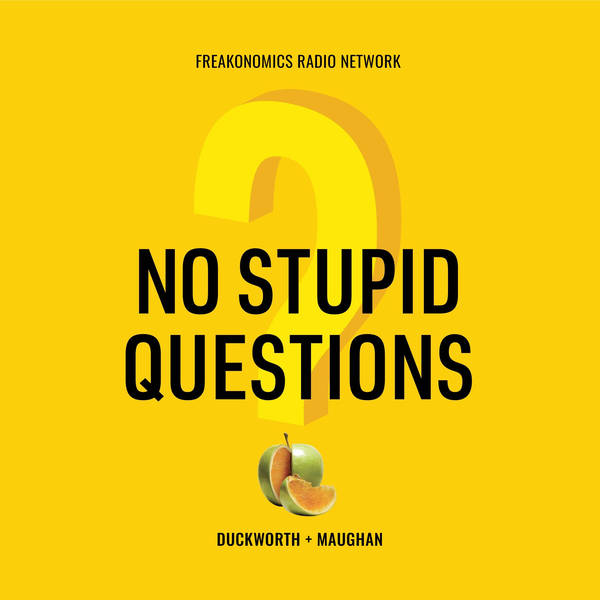
214. What Does It Take to Survive a Scandal?
How do you come back from being “canceled”? Are we more likely to forgive someone if they cry? And what makes a successful public apology?
SOURCES:Karen Cerulo, professor emeritus of sociology at Rutgers University.Bill Clinton, former president of the United States.David Gergen, professor emeritus of public leadership at the Harvard Kennedy School; former White House adviser to four U.S. presidents.Benjamin Ho, professor and chair of economics at Vassar College.Monica Lewinsky, activist.John List, professor of economics at the University of Chicago.Brandon Rottinghaus, professor of political science at the University of Houston.
RESOURCES:"Slut-Shamed at 22, an Icon at 50 — How Monica Lewinsky Got Her Life Back," by Helen Rumbelow (The Times, 2024)."Do Scandals Matter?" by Brandon Rottinghaus (Political Research Quarterly, 2023)."Toward An Understanding of the Economics of Apologies: Evidence from a Large-Scale Natural Field Experiment," by Basil Halperin, Benjamin Ho, John List, and Ian Muir (The Economic Journal, 2022)."Embodied Remorse: Physical Displays of Remorse Increase Positive Responses to Public Apologies, but Have Negligible Effects on Forgiveness," by Matthew J. Hornsey, Michael J. A. Wohl, Emily A. Harris, Tyler G. Okimoto, Michael Thai, and Michael Wenzel (Journal of Personality and Social Psychology, 2020)."Commentary: Time for Bill Clinton to Go Away," by Will Rahn (CBS News, 2018)."The Price of Shame," by Monica Lewinsky (TED Talk, 2015)."Apologies Demanded Yet Devalued: Normative Dilution in the Age of Apology," by Tyler G. Okimoto, Michael Wenzel, and Matthew J. Hornsey (Journal of Experimental Social Psychology, 2015)."Apologies of the Rich and Famous: Cultural, Cognitive, and Social Explanations of Why We Care and Why We Forgive," by Janet M. Ruane and Karen Cerulo (Social Psychology Quarterly, 2014).
EXTRAS:"How to Optimize Your Apology," by Freakonomics Radio (2018)."Coal Digger," S1.E5 of Modern Family (2009).
